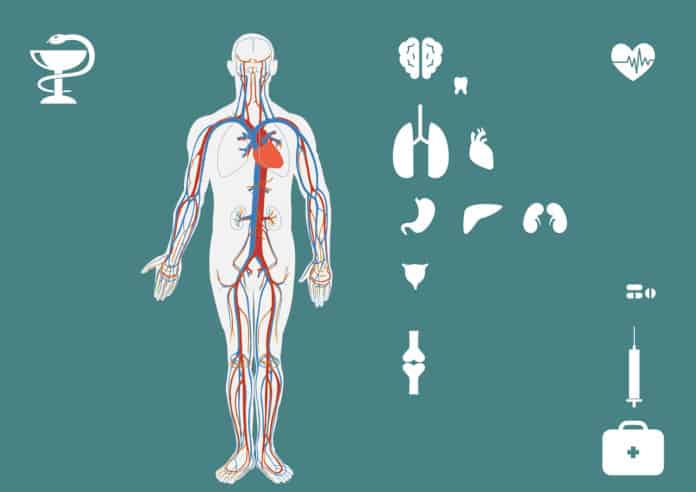Modern living has contributed to a common lifestyle condition called Non-alcoholic Fatty Liver Disease (NAFLD). Even though it sounds like a scary thing to have, you can manage it — even reverse it — by managing your diet better. The principles of nutrition management in NAFLD include improving quality of nutrition, maintaining a balanced diet and eating correct portion sizes depending on one’s activity profile and body weight. A carbohydrate to protein to fat ratio of 5:2:3 is advisable and so is a Mediterranean or anti-inflammatory diet.
Changes you must make
(1) Increase intake of complex carbs (grains, veggies, beans) with low glycemic index and limit simple carbs like milk, sugar.
(2) Monitor the amount of oil and ghee used in cooking and at the same time decrease intake of fatty foods rich in saturated fats (butter, mayonnaise).
(3) Incorporate adequate amount of protein from lentils, low fat dairy, egg whites and Omega 3 rich fish in diet.
(4) Limit intake of excess salt as advised by your clinical nutritionist or physician.
(5) Add sufficient amount (at least 3 cups) of dark green, red, orange and yellow vegetables and fruits.
(6) Include functional foods such as amla, turmeric, avocado, flaxseeds, sunflower seeds and walnuts in your diet.
(7) Have more prebiotic and probiotic rich food items.
(8) A combination of aerobic and anaerobic exercises improves insulin sensitivity and decreases cardiovascular risk associated with fatty liver.
(9) At least 30 min of moderate to vigorous intensity aerobic exercises like brisk walking, swimming, cross training, cycling five times a week.
(10) At least 60 minutes of resistance exercises twice a week.
By: Hiteshi Dhami, Liver Nutritionist


